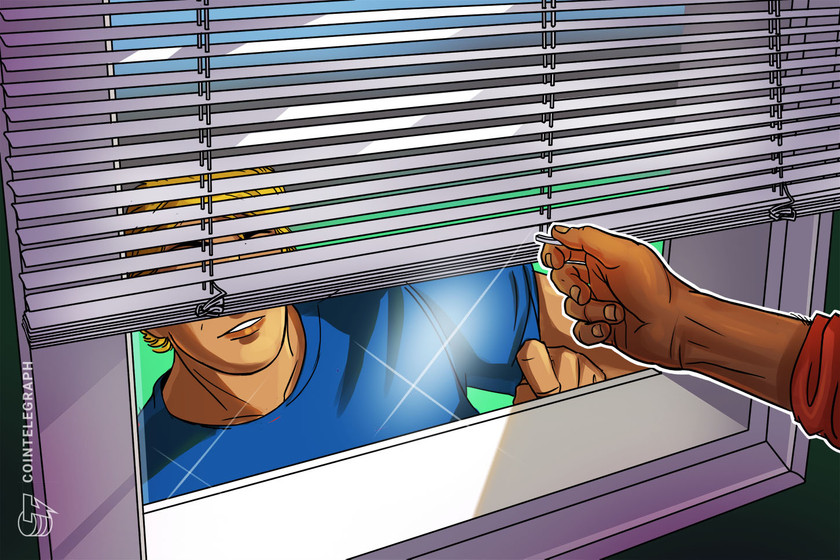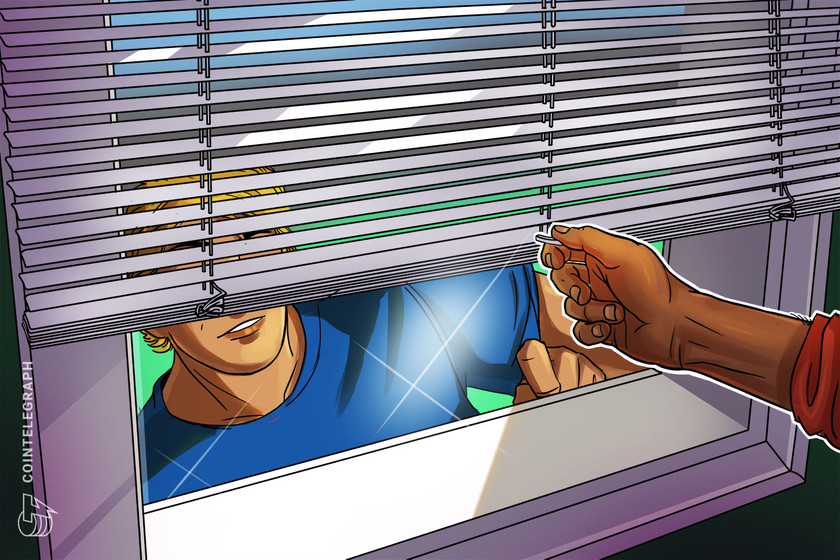Solana Spaces will close New York and Miami stores 7 months after opening


Norby said the “experiment” was part of a plan to onboard more people onto Solana, but the stores didn’t bring in as many users as they initially hoped.
Solana Spaces will close down its two Solana (SOL)-themed, community-oriented retail stores in New York City and Miami at the end of the month, as the physical stores didn’t onboard as many users as initially anticipated.
Solana Spaces tweeted the news on Feb. 21, sharing a note from founder Vibhu Norby explaining the reasons behind the store shutdowns.
The following is a note from our founder, @vibhu.
Dear @solanaspaces community,
We’ve made the difficult decision to sunset our stores in NYC and Miami by the end of February, and to pivot our Solana onboarding efforts into digital products like DRiP, our free NFT product with… https://t.co/kjNu9Ay4Gk
— Solana Spaces (@solanaspaces) February 21, 2023
Norby — who founded Solana Spaces in early 2022 — explained that the company reached an “inflection point” with the stores, prompting them to shift its investment focus to “DRiP,” the firm’s new nonfungible token artwork airdrop platform.
“While our stores onboard between 500 and 1,000 people per week, DRiP onboards that same quantity EVERY DAY,” Norby said, explaining the decision to shift its investment focus.
The decision to close the shops — located in the Hudson Yards neighborhood of Manhattan and the Wynwood section of Miami — was made “a few weeks ago,” and they will “sunset” at the end of February, Norby said.
The ambitious initiative was relatively short-lived, with the two stores having only officially opened in late July and August in New York and Miami respectively.
Norby said the “experiment” was part of a broader plan to onboard more people into the Solana and Web3 ecosystem:
“Our endowed mission from day one was to experiment with new and disruptive models to bring people to Web3, and to serve the community on behalf of the Solana Foundation.”
“As I told people often, as awesome as the stores were, if we found a more efficient way to bring people into Solana, we would throw our efforts at that,” he added.
But as he has since realized, the firm’s efforts may achieve better results in the digital realm with DRiP.
The Solana-themed stores offered customers the opportunity to partake in all things from in-person wallet onboarding tutorials, earning rewards, merchandise shopping and attending events.


When Solana Spaces opened its first New York-based store in late July, Norby hoped the store would bring in more than 100,000 people to Solana per month.
However, Norby stated in his letter that only 75,000 people managed to walk into the store over the course of its seven-month tenure.
Related: The state of Solana: Will the layer-1 protocol rise again in 2023?
The startup was sponsored by the Solana Foundation, the Solana-based wallet provider Phantom and the native crypto exchange Orca, and while it didn’t work out, it did appear to have won over a lot of fans.
Just visited for my 2nd time a few days ago!
Thank you for the experience!
Every time I come to Miami I have to make a pilgrimage to SolanaSpaces pic.twitter.com/ugCqbSyIzg— Investrepreneuer.sol (@LordHearMePray) February 15, 2023
Several Solana-native industry players, such as the videogame projects Star Atlas and Aurory, thanked Solana Spaces for its contribution to the ecosystem.
We’re sad to hear the news of @solanaspaces closing their Miami and NYC stores The events that Star Atlas attended and hosted there were beyond incredible!
Even so, we can’t wait to see what comes from their pivot to DRiP! https://t.co/4voal4yzfC pic.twitter.com/bXV8PKG6LE
— Star Atlas (@staratlas) February 21, 2023
The closure comes as the prolonged crypto winter has caused many industry-leading companies to lay off staff and close down offices all around the world.








